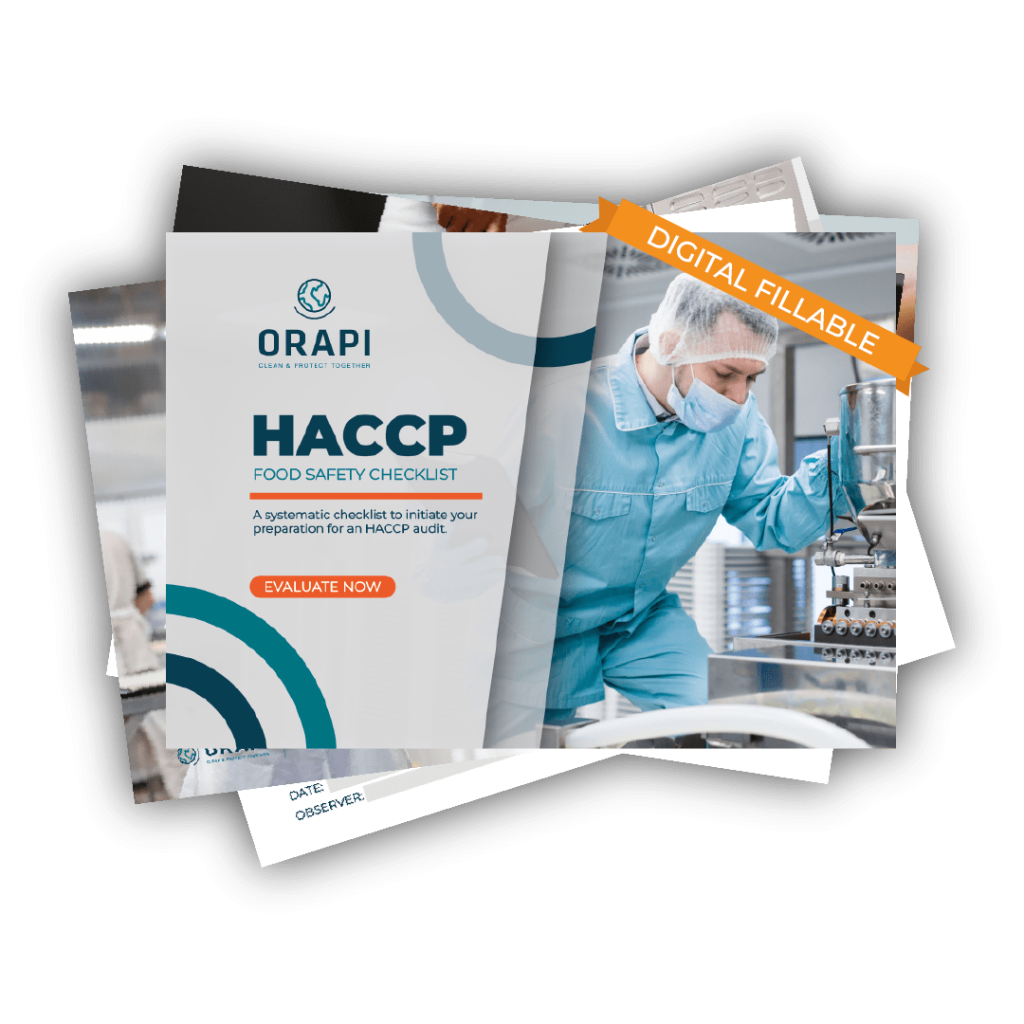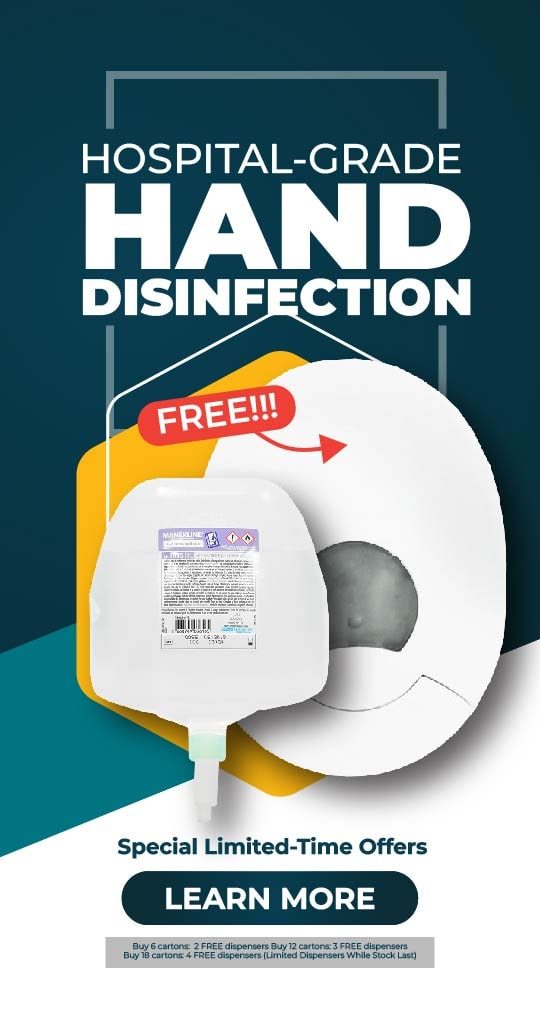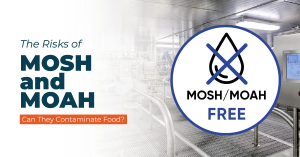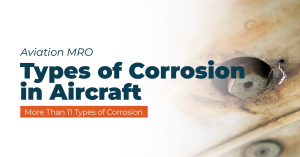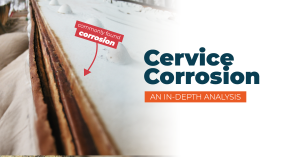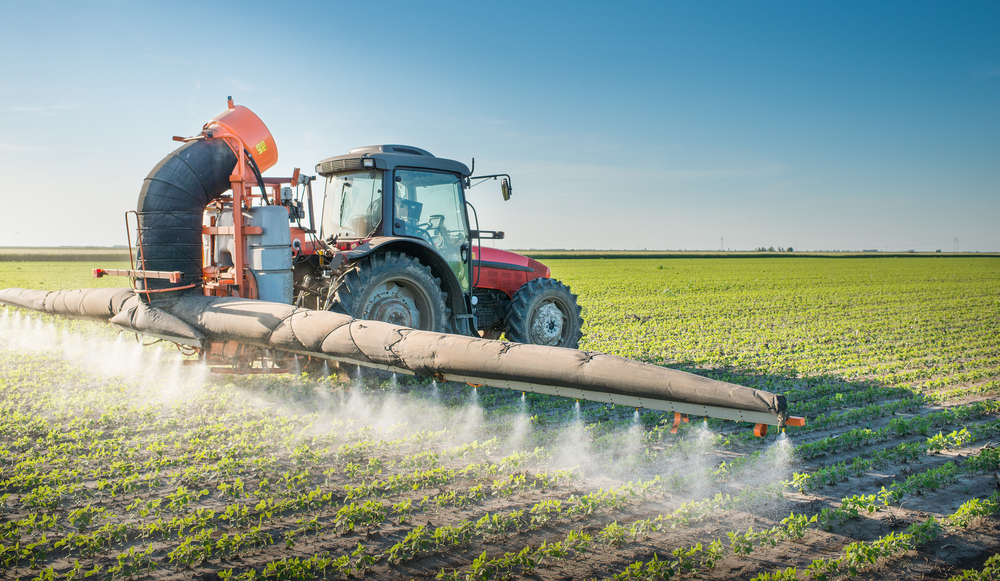
Pesticides are one of the major inputs used for increasing the agricultural productivity of crops. However, the pesticide residues left to a variable extent in the food materials after harvesting are beyond the control of consumers and may have detrimental effects on human health. Therefore, it is essential to get rid of any pesticide residue from fresh produce such as fruits and vegetables before consuming them.
However, it is neither easy to tell how much pesticide each crop contains nor easy to predict the scope of harm these pesticides render to the consumer. Therefore, in this article, we will tell you everything you need to know about food safety and the removal of pesticides from the surface of fruits and vegetables when they are purchased as groceries.
What Are Pesticides?
In the broadest sense, pesticides are chemicals used to control any organism that might invade and damage homes, crops, or food stores.
Because there are many kinds of potential pests, there are several kinds of pesticides. The following are some examples:
- Insecticides: These pesticides reduce the destruction and contamination of growing and harvested crops by insects and their eggs.
- Herbicides: Also known as weed killers, herbicides improve crop yields.
- Rodenticides: These are important for controlling the destruction and contamination of crops by vermin and rodent-borne diseases.
- Fungicides: This type of pesticide is especially important for protecting harvested crops and seeds from fungal rot.
Why Farmers Use Pesticides
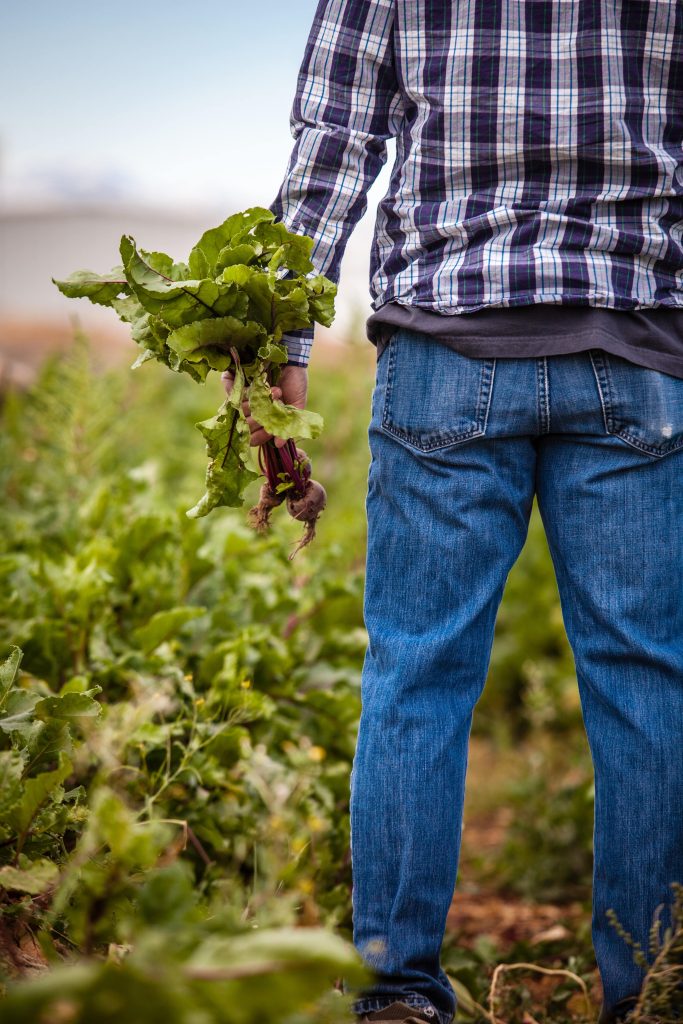
Pesticides are used to control various pests and vermin, such as ticks, rats, mice, and mosquitoes. Clearly, these pests and vermin also carry a host of diseases with them, which can be transferred to humans. Farmers also use pesticides to control weeds and insect infestation because even with the best farming practices, it is impossible to control every potential pest problem in food production. In fact, as mentioned above, there are so many different types of pests that farmers are compelled to use different kinds of pesticides meant to be effective against specific pests. Therefore, if left unchecked, pest issues can threaten farmers’ livelihood.
So, even though consumers constantly demand pesticide residues on produce to be brought down to zero, such demands are highly unrealistic simply because it would be very difficult for farmers to produce the amount of food they do without relying on the use of pest-killing substances.
Are Organic Foods Safe to Consume?
At this point, you might be considering changing your purchase preferences from conventionally-grown produce to organic foods. But you might want to give that a second thought after knowing all the facts.
Even though pesticides are not an organic farmer’s first choice when it comes to preventive measures, they are not entirely discouraged from its use in desperate times of need. Organic farmers focus on pest-control measures like insect traps, the careful selection of disease-resistant varieties of certain crops, and the use of predator insects and beneficial microorganisms to help control pests that may damage certain crops. HOWEVER, such measures are not available for every kind of crop, and if and when pests manifest on such crops, even organic farmers are forced to use pesticides, which is exactly why they are NOT completely barred by law from using pesticides (otherwise, their 4x more expensive produce would all go to waste).
The Harmful Effects of Consuming Pesticides
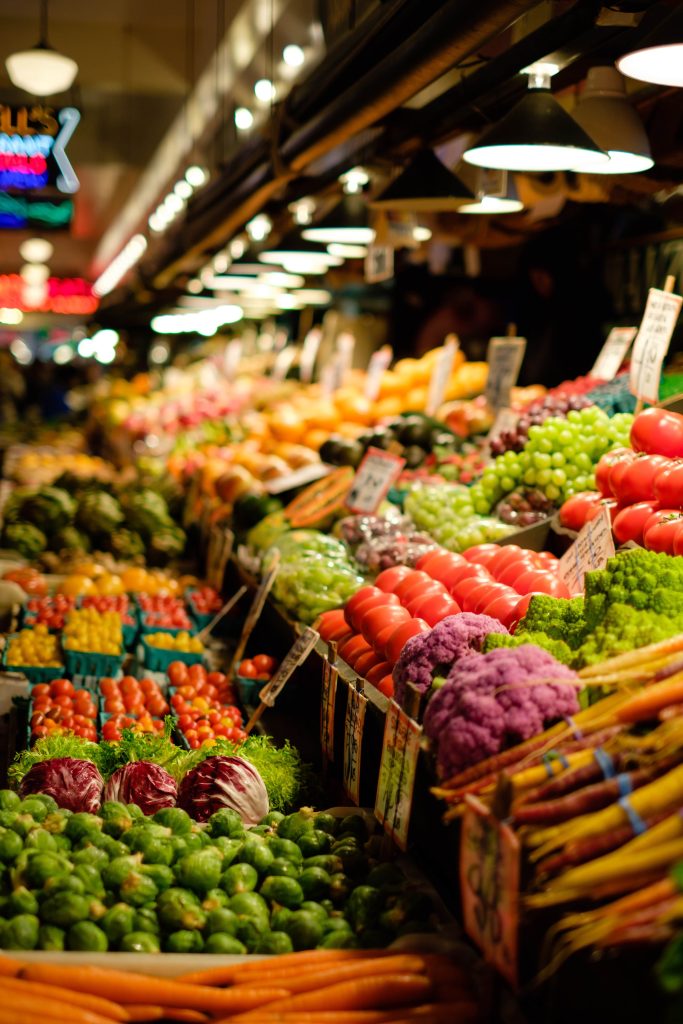
In certain cases, long-term ingestion of excessive pesticide residue by consuming food exposed to pesticides can lead to cancer and cause damage to your reproduction, immune, and nervous system.
Some studies have found that chronic lower dose exposure is associated with respiratory problems, memory disorders, skin conditions, depression, miscarriage, birth defects, cancer and neurological conditions such as Parkinson’s disease.
The weed killer glyphosate is commonly used in conventional agriculture in the U.S. but was declared “probably carcinogenic” by the World Health Organization’s (WHO) International Agency for Research on Cancer and has been largely banned in France and Germany. However, many other nations have placed no such bans, and farmers continue to use it to protect their crops against weeds.
Pesticides can even lead to acute effects such as seizures, extreme weakness, loss of consciousness, allergic sensitisation, respiratory tract irritation, cough, or/and sore throat, and in some cases, death.
How to Eliminate the Risks of Pesticide Exposure
There are some effective and proven tips and ways to remove pesticides from veggies and fruits. They include the use of running water, salt water, vinegar, blanching, baking soda, commercial fruits and vegetable cleaners, and peeling.
Here is a quick comparison table to show the difference between the methods of removing pesticides:
|
METHOD |
EFFECTIVENESS |
|
Soaking |
Add some fruits and vegetable wash to a bowl of hot water and let them soak for about 10 minutes. This effective method removes 98% of pesticide residue and other contaminants from foods and vegetables. |
|
Cold-Water Wash |
About 75-80% of pesticide residue is removed by cold water washing. However, the pesticide residues on the surface of fruits like grapes, apples, guava, plums, mangoes, peaches and pears and fruity vegetables like tomatoes, brinjal and okra require two to three washings. |
|
Blanching |
A short treatment in hot water or steam is applied to most of the vegetables. Certain pesticide residues can effectively be removed by blanching. But before blanching, it is very important to thoroughly pre-wash the vegetables and fruits. |
|
Peeling |
This method is a good option for fruits and vegetables, which can be peeled before cooking or consuming, such as apples, cucumbers, potatoes, etc. |
|
Cooking |
Animal products are also a major source of contamination for pesticide residues in human diets since the animals feed on fodder, which are sprayed with pesticides. Pressure cooking, frying and baking will remove pesticide residues from the animal fat tissues. |
Conclusion
Pesticides are poisons not just for weeds, insects, and vermin but also for humans. But you won’t have to worry about pesticide poisoning if you take the measures to rinse and wash them properly before consuming them! Just make it a habit to include the pesticide removal methods into your daily food preparation routine, and you will eliminate the dangers posed by pesticide residue on the surfaces of fruits and veggies to a severe extent.
